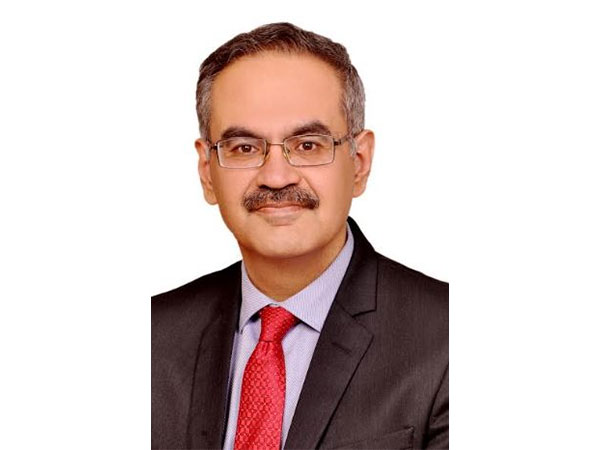UK's new budget may lead to difficulties: British experts
Nov 01, 2024
London [UK], November 1: Following British Chancellor Rachel Reeves's announcement of the Autumn Budget, experts have expressed mixed views on the direction and challenges for the economy, highlighting potential growth setbacks and pressures on the private sector.
In its Economic and Fiscal Outlook for October 2024, the Office for Budget Responsibility (OBR) estimated that roughly half of the projected public spending would be funded through tax hikes, raising tax revenue to a record 38 percent of the gross domestic product (GDP). The remaining funding will require an additional 32 billion pounds (41.3 billion U.S. dollars) in annual borrowing.
Iain Begg, an economist at the London School of Economics and Political Science, noted that the Chancellor's commitment to increased public investment has raised questions about the government's fiscal balance.
With Reeves committing to more spending on public services and public investment, a gap emerges in the public finances between revenue and planned expenditure, Begg explained. "She could have allowed that to go ahead through increased borrowing, but increased borrowing can be dangerous in the context in which the public debt is already around 100 percent of GDP."
Begg acknowledged the importance of fostering economic growth but questioned the budget's impact on business investment. "Some of the measures, like increasing capital gains tax and employers' costs, would potentially go in the opposite direction. They make it more difficult for businesses to find the spare cash to invest. So business investment probably isn't greatly helped by this budget."
Unlike the previous government's plans to reduce public investment, the Chancellor intends to maintain it, Begg noted, adding that some areas of public investment can contribute to a more favorable economic outlook, especially in terms of growth.
Though increased wages -- if spent in the market -- could drive demand and potentially boost employment, he cautioned that higher costs might lead employers to invest in machinery rather than hiring, possibly resulting in job losses.
Patrick Minford of Cardiff Business School provided a more skeptical view, describing the budget as detrimental to economic growth.
"This budget's a disaster because Rachel Reeves has fallen for all the old stuff about how we've got to raise taxes... The trouble is that the more she raises taxes, the worse growth will be," Minford told Xinhua.
The OBR's report also indicated that, although this fiscal plan may raise GDP growth to 2 percent by 2025, it could hinder private-sector expansion in the medium term.
"The more you raise taxes, the worse the economy gets, and the incentives for markets to work get weaker and weaker. The private sector is being hit very hard by these policies. And of course, it's the private sector that we rely on to generate growth," Minford said.
He argued that while infrastructure investments are beneficial, they are not the primary driver of growth. True growth, he suggested, comes from entrepreneurs generating profits from new products and reinvesting those profits into production and investment.
Minford cautioned that some policy choices were reminiscent of economic challenges of the 1970s, which he described as a return to the policies that had once severely harmed the economy.
Source: Xinhua








